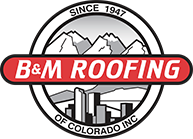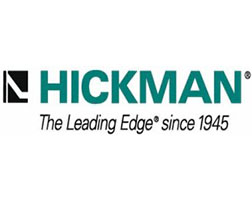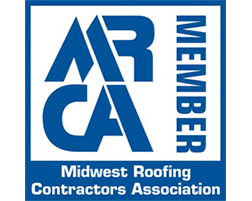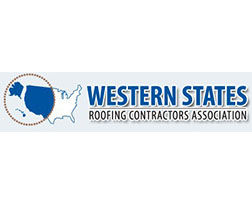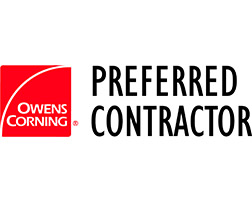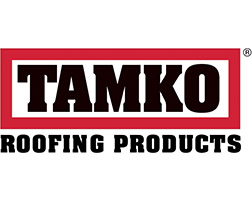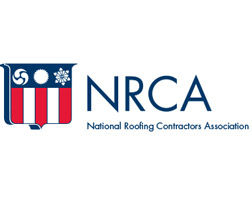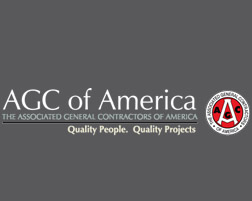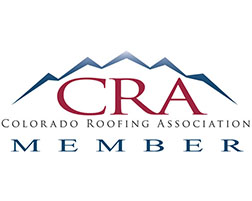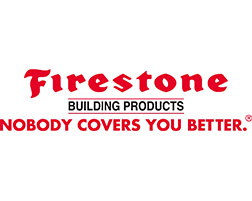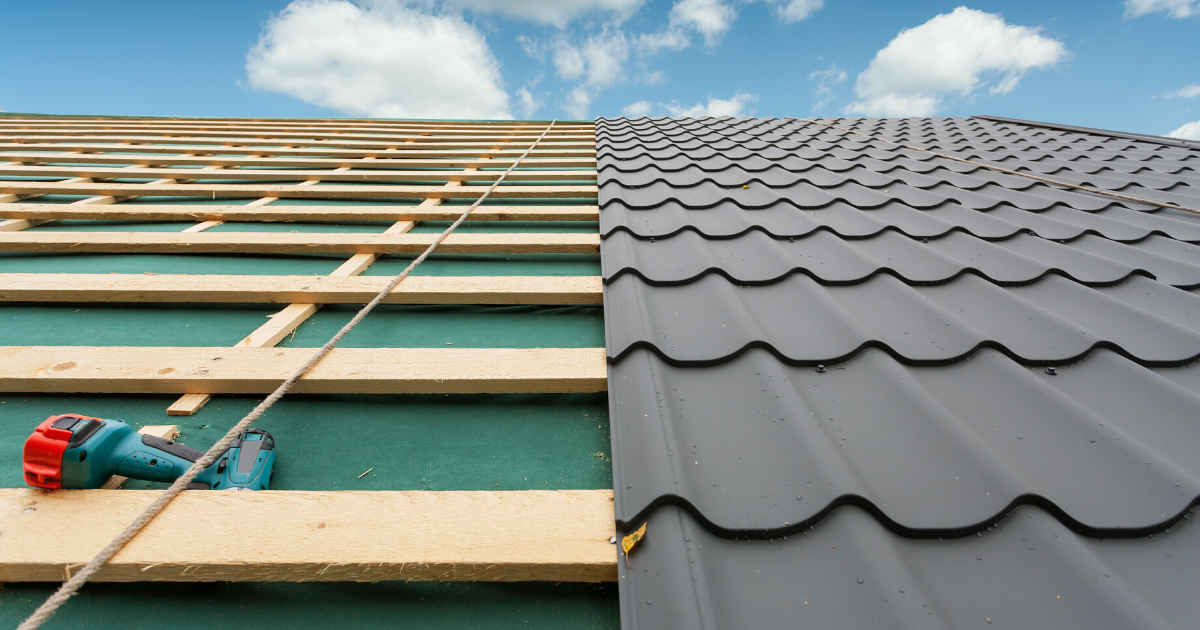
Average Lifespan of a Roof
Selecting a roof for your residential or commercial property is a huge investment, not to mention, extremely important. After all, the roof you select can ultimately affect the overall health of the entire building or home. Additionally, the expense of roofing systems is usually at the forefront of property owners’ evaluation. Many questions may crop up such as: how much should I expect to pay? What is the process of a new roof installation? And above all, what is the average lifespan of a roof? Knowing this information ahead of time can give you an idea of what to expect and the steps to take to extend the average lifespan of a roof.
Learning maintenance tricks and reasons why certain roofs simply last longer may be helpful to the structural integrity of your business’ or homes’ roof. Learn about the average lifespan of a roof and follow these tips to extend its lifetime.
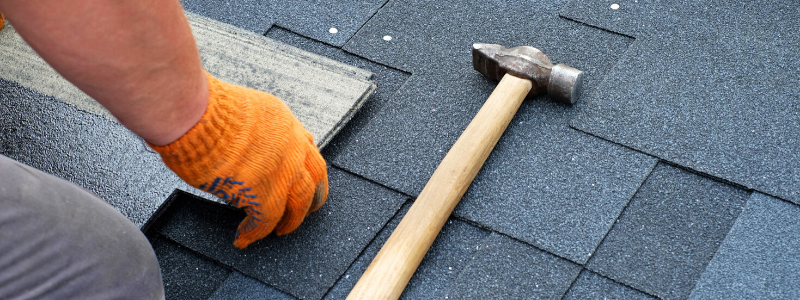
The typical lifespan of a roof
How long can you expect your roof to last? Why is it important? For one, making a proper investment in a roof can determine how frequently you replace it. Roofing systems, especially when it’s a new install, are not cheap. For this reason, it’s good to understand what questions to ask your roofing contractor to ensure the best possible product and service. Additionally, you’ll want to know the average lifespan of a roof.
Roofing systems are built differently, depending on the types and needs of a property. For example, there are several different kinds of roofs, such as:
- Slate
- Tile
- Shingles/Composition — architectural, asphalt, wood shake
Due to the variety of selections, there isn’t a really set answer to the average lifespan of a roof. Rather, it depends highly on two very important factors, including:
- Materials Used
- Workmanship
These two factors are a true testament to ensuring that homeowners and property managers can get the most out of their roofing investment. To some degree, weather can also determine how often you have to repair and/or replace a roof. Colorado, for example, is known to experience frequent hail storms — which means that considering metal roofs, which are more durable, might be a safer option.
In general, though, the average lifespan of a roof usually falls into these timeframes:
Asphalt shingles
One of the most common types of roofing material sold through the US are the affordable asphalt shingles. They average $70 to $150 per square and include warranties of up to 25 years. They’re usually comprised of organic materials and cement fibers. They can provide protection against UV rays, wind, and rain. That said, they typically last between 15 and 30 years depending on maintenance and upkeep.
Architectural Shingles
Much like asphalt shingles, architectural shingles are made up of similar organic materials and cement fibers. However, these more “premium” options can be made up to three times thicker for a more resilient roof. They also come at a higher cost between $250 and $400 per square. Typically, the average lifespan on these roofs are 25 to 30 years.
Wood Shingles
Also known as wood shakes, this material is beautiful, not to mention functional. Cedar is the most common type of wood shingle and is ideal for cottage owners and wood cabin enthusiasts. They’re resistant to insects and bugs, but they require annual upkeep. These materials can last up to 50 years in the right regions, but probably aren’t functional for Colorado properties. Due to inclement weather, wood shingles often don’t fare well in this area.
Tile Roofs
Tile can come ready with clay or slate. Clay tile tends to be the cheaper of the two at $600 to $800 per square. They are low maintenance and can easily last up to 50 years, with a manufacturers warranty from 30 years to a lifetime. However, again, they may not do well with ongoing hail storms.
Slate, on the other hand, is a natural stone with fine grain appearances. It is the pricier option in tiled roofs ranging from $600 to $1,500 per square. On the plus side, slate is incredibly durable and can withstand most ominous weather patterns. Slate is, also, one of the few roofing options that doesn’t necessarily require replacement in the span of a lifetime. However, homeowners or property owners must not forego routine maintenance. It’s important to clean and restore cracked or broken areas.
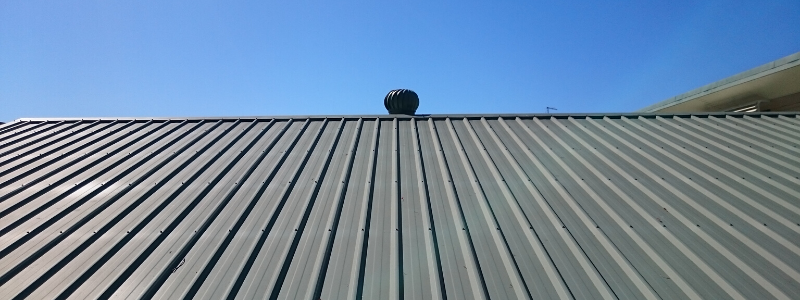
Metal Roofs
Higher-end metal roofs are attractive and incredibly durable. Standing-seam panels in aluminum or steel can cost around $115 per square and $900 per square for stone-coated steel or standing-seam copper panels. Metal roofs also feature different levels of thickness, with the most-thick being the most durable. On the thinner end, expect the average lifespan of a roof to be between 20 to 25 years. Higher quality, thicker metal roofs can range 20 years to a lifetime.
Extend the Average Lifespan of a Roof
As with most things, you can work to ensure you’re getting the most out of your roofing investment. Be sure to ask your Colorado roofing contractors what they recommend with respect to the materials you’ve selected. An experienced Colorado commercial or residential roofer will be able to explain the importance of maintenance the steps needed to continue enjoying your beautiful roof for years to come.
That said, here are some general tips to consider in order to extend your roof’s life.
Maintenance is a Must
Extending the lifespan of your residential or commercial roof starts with maintenance. Just as you keep up with regular maintenance on your car, you need to keep up with proper maintenance for your property.
Schedule regular roof inspections to identify any weak areas or damaged shingles and flashing. Take care of repairs as soon as possible to ensure that the damage doesn’t worsen. If properly maintained, your commercial roof can last well beyond the specified warranty period.
Communicate
Develop a relationship with your contractor and establish open lines of communication on both ends. Contact your contractor immediately to take care of repairs and let them know exactly what you need and when you need it done by. Good roofing contractors should let you know exactly what to expect, including the project timeline and budget. Transparency is key here.
Ask Questions
Your roof is one of if not the most important element of your commercial building, therefore it’s important to get very familiar with your roof and develop trust with your contractor. Be sure to ask as many questions as possible until you feel comfortable with the direction of your contractor’s plan.
Understand Your Warranty
Get your manufacturer warranty in writing and be sure you understand what the warranty covers when your new roof is installed. Roof warranties can cover anything from the materials themselves to workmanship so speak with your contractor and the roof manufacturer to understand exactly what your warranty covers so there are no surprises down the road. You should also keep a detailed record of all inspections and repairs.
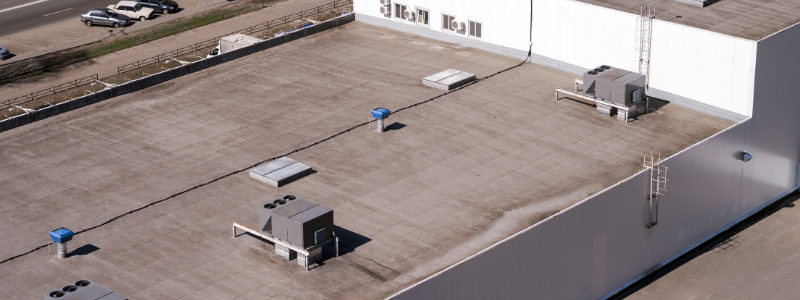
Know When to Repair or Replace
Deciding whether you should repair or replace your roof after structural damage is a huge decision. There are many factors to take into consideration when deciding whether to repair or replace including the extent of the damage, how it affects the entire building and how long you plan on owning the building.
Roof restoration is also a viable option following commercial roof damage. Restoration allows you to extend the lifespan and increase the value of your existing roof when it is in fairly good shape. An added benefit of restoration is that you may be able to reap tax benefits and other cost savings.
Speak with your contractor when making this decision to develop a customized plan that suits your commercial building.
Work with the Pros
Choosing the right contractor for your roof is integral to the life expectancy of your roof. Your commercial roofer should:
- Have written documentation stating that they are approved contractors to install the manufacturer’s roofing system
- Be in good standing with the top commercial roofing manufacturers
- Be someone you can trust and develop a relationship with over a long period of time
To find out more about selecting a commercial roofer, fill out a free estimate form here and a member of our team will be in touch.
